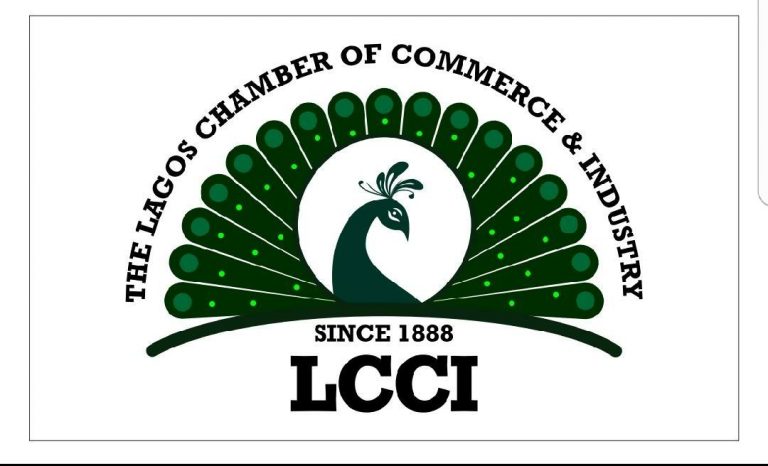The Lagos Chamber of Commerce and Industry (LCCI) has decried the rising debt stock incurred by the government, saying it is becoming increasingly problematic in the face of dwindling government revenue and the unsustainable burden of subsidy payments.
LCCI maintained that Nigeria must manage its debt burden to avoid further pressure on revenue; noting that more spending is needed in supporting productive infrastructure instead of spending borrowed money on subsidising consumption. It also advised the government to rethink its sourcing of debts and spending of borrowed funds.
- Katsina gov’t returns over 12,000 IDPs to their communities
- NIGERIA DAILY: Why Nigerians Pay More For Data
President of the Chamber, Asiwaju Michael Olawale-Cole in his statement on Nigeria’s debt burden advised the government to borrow from cheaper sources and consider deficit financing from equity instead of the expensive debts borrowed and used for recurrent expenditures.
He noted that the fact that the most recent statistics on government revenues show poor performance and mounting government costs makes it evident that Nigeria is going through a debt crisis.
The Chamber argued that, while the aggregate expenditure for 2022 was estimated at N17.3 trillion (total federal budget), at the end of April, a pro-rata revenue of N5.8trillion was expected. Unfortunately, only N1.6 trillion was realised as FGN’s retained revenue as of April 2022.
Within the same period, the government’s actual spending stood at N4.72 trillion, accounted for by a whooping sum of N1.94 trillion expended on debt servicing, N1.26 trillion spent on personnel costs, and leaving only N773.63 billion on capital expenditure.
Olawale-Cole further said, “There are already concerns that most of the assumptions in the Medium-Term Expenditure Framework (MTEF) 2023-2025 will be missed as we continue to experience unprecedented levels of disruptions to supply chains and agricultural production.
“The 2022 budget assumptions have already fallen short in terms of inflation, exchange rate, and GDP growth rate. All of these assumptions have become inadequate. The borrowings are significantly increasing, and Nigeria is struggling to service these debts due to revenue mobilisation challenges and an increased fuel subsidy burden.




